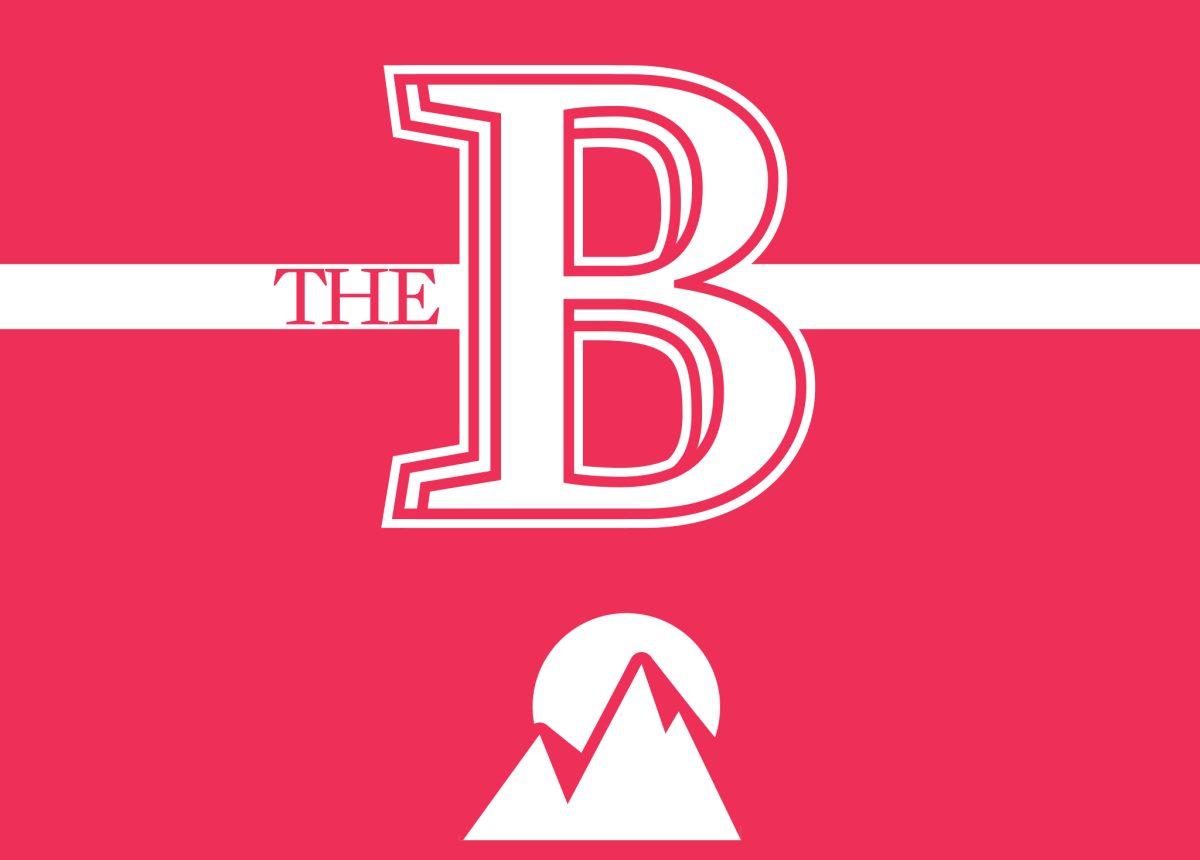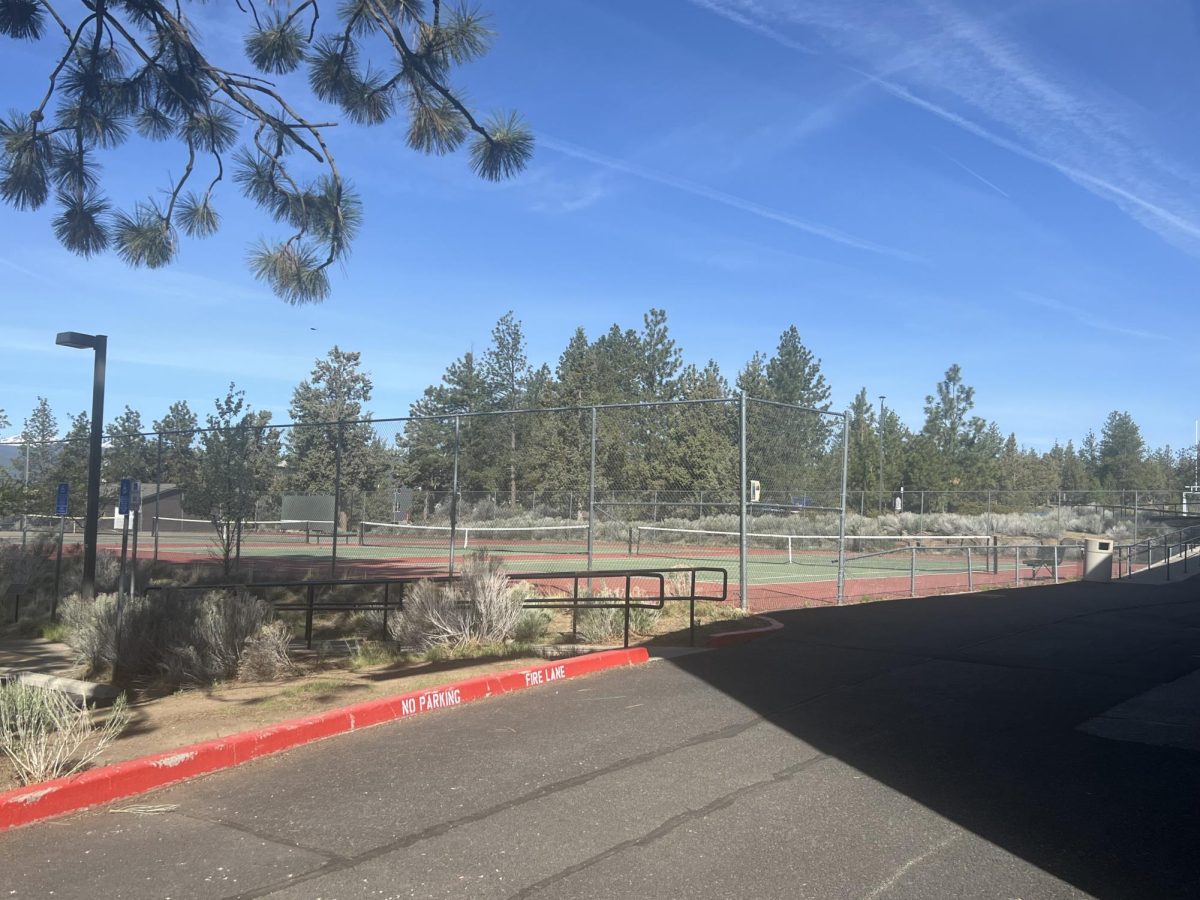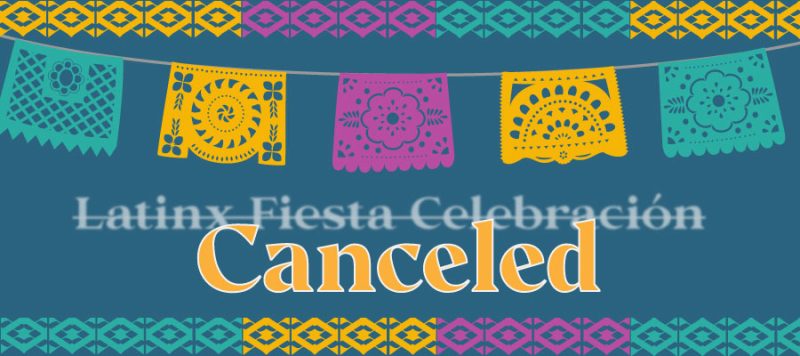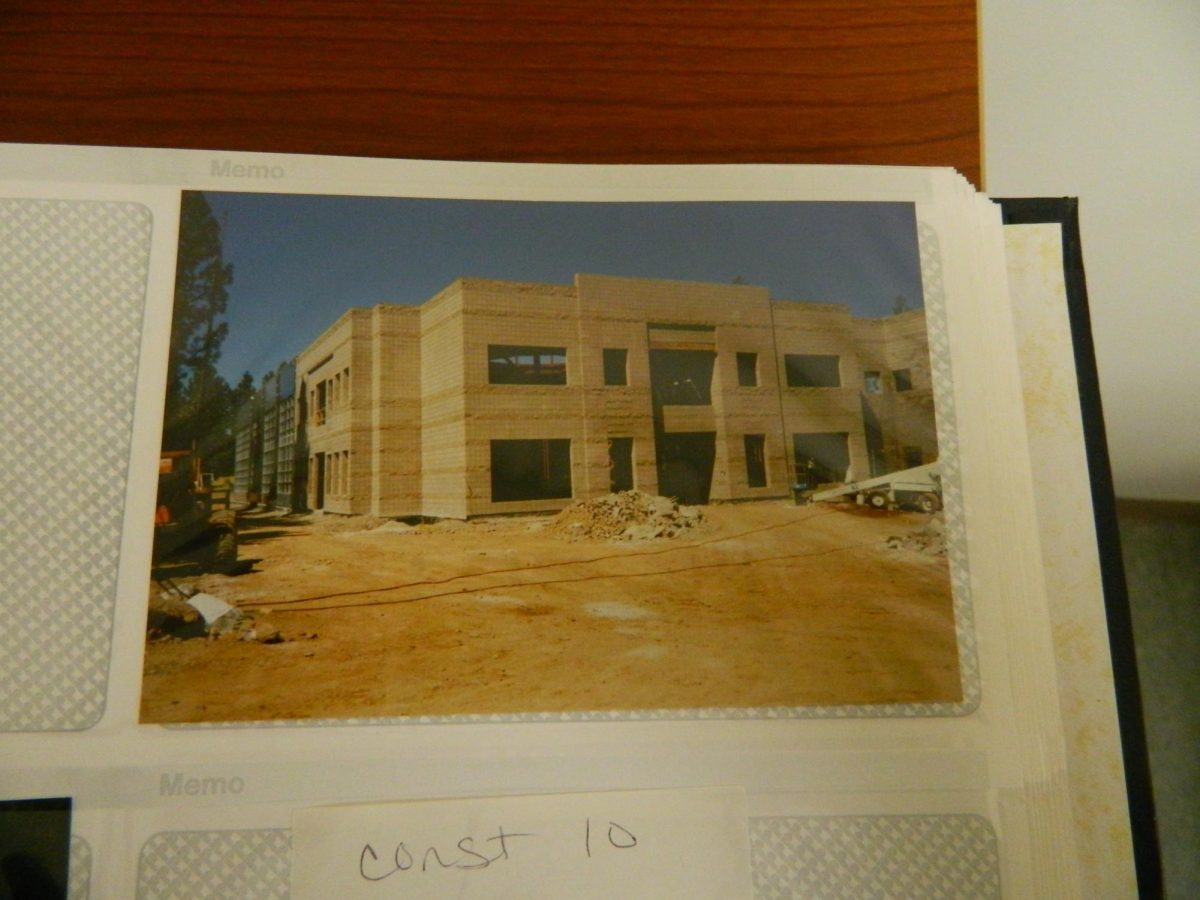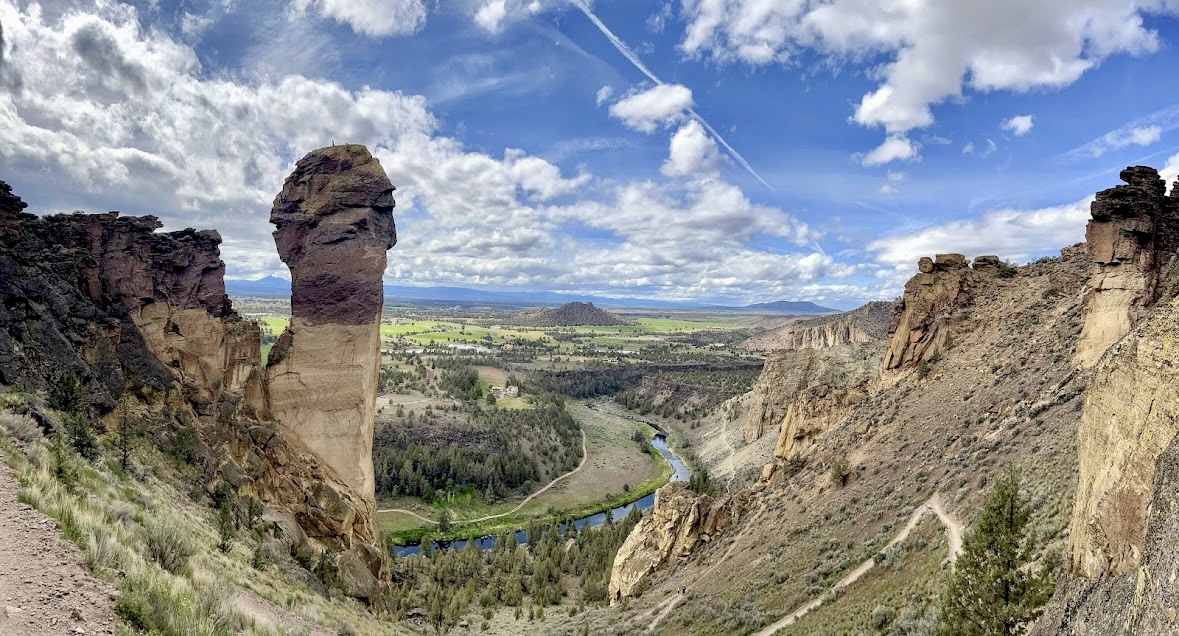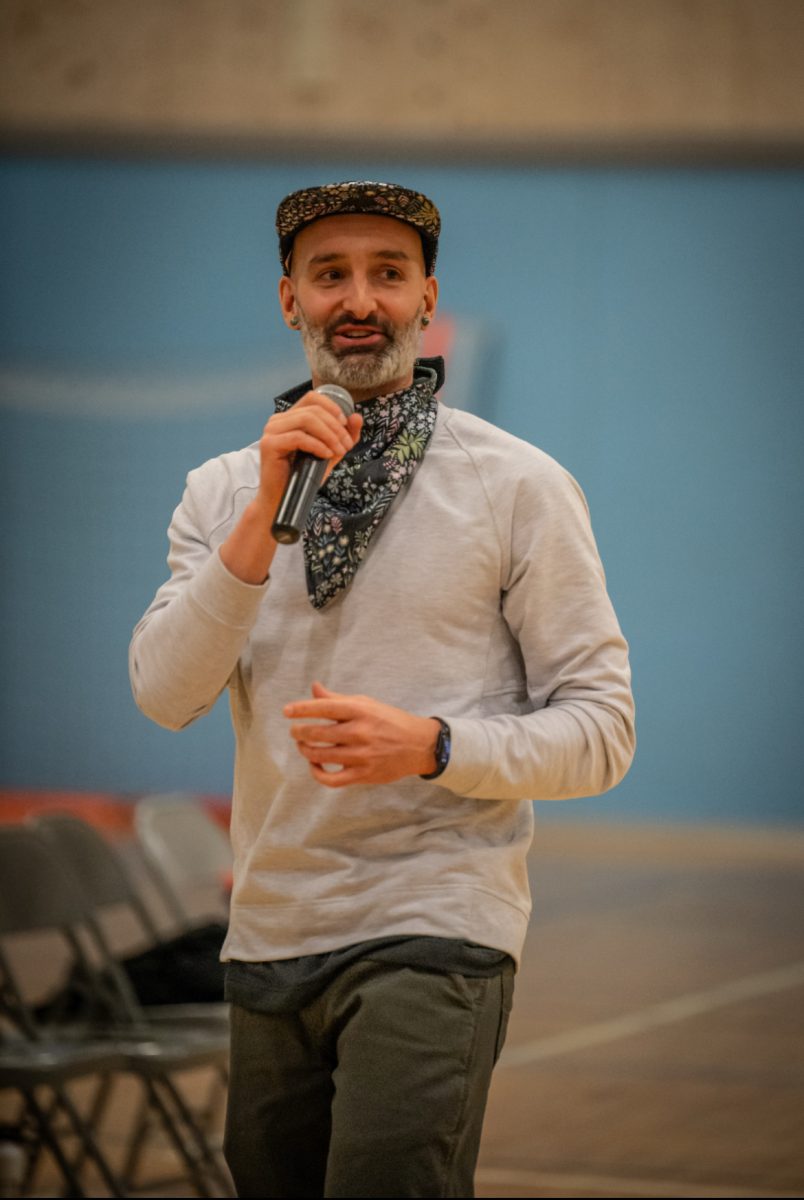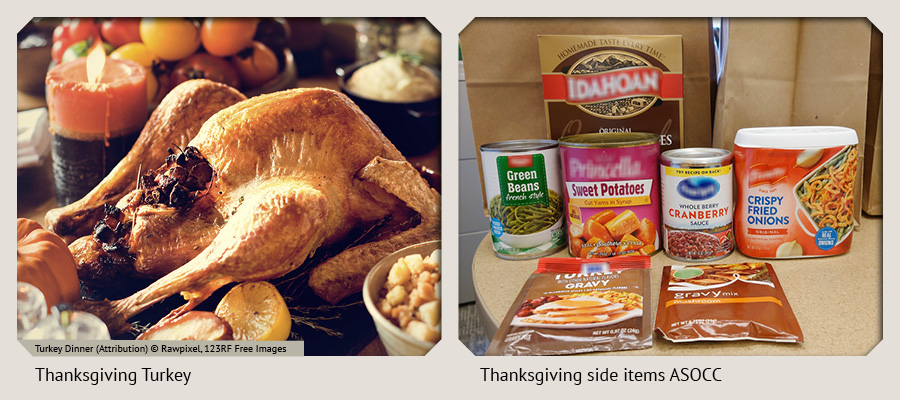By Katya Agatucci | The Broadside (Contact: [email protected])
Nicole Wangler

Nicole Wangler, student at COCC and part of the First Nations Student Union Club, is proud of her 1/32 Algonquian heritage.
“Just to be knowing that it’s Native American Heritage month gives me a little more pride into a certain part of my history that I desperately want to know more about,” Wangler explained.
Wangler found out at an early age that she was part Native American. She was in second grade working on a project about “Who Am I?” and found out from her father that she had Algonquian heritage.
“I was super excited once I found out. I’m just learning about it in my Early American History class where back in the colonial times, they lost their land because of settlers and it continued throughout history as settlers moved throughout the West,” Wangler said.
Throughout history, she mentioned that native people seemed to be criticized for being “savages,” when really they are just civilized in a different way.
“We have our own morals and way of life. I know that they are great history makers. They are a part of everything in history. They’re part of Americans settling in to be part of America. There’s just a little piece of America that binds us together.”
Elfreda Mitchell

Elfreda Mitchell is an enrolled member of the Confederated Tribes of Warm Springs, Ore., as well as a student at COCC and an active member at the First Nations Student Union club.
The confederation consists of three tribes known as Warm Springs, Paute, and Wasco.
“I have all three tribes in my lineage as well as some Yakama. [I was] born and raised in a strict cultural and traditional home on the Warm Springs Indian Reservation,” Mitchell said.
To Mitchell, she has taken pride in her native lineage her whole life, “We practiced our native ways every day celebrated being native daily. Long before the day George H. W. Bush signed off on it back in 1990.”
The most challenging thing she has faced is separating herself and her native ways and focus on being a student at cocc, but “Native ways are a part of me and always will be,” Mitchell explained.
“It’s hard to speak of what Natives contribute to this country because we have always been here. I myself give the Navajo Code Talkers highest salute. Being raised in a cultural and traditional home were brought up to not share too much of our ways with non natives. So for the Navajo to agree to use their language during war time was a huge step,” Mitchell said.
Jeff Venes

Jeff Venes, a member of the First Nation Student Union club, is ¾ Yupik Eskimo, which is native to Alaska.
To Venes, the heritage month is “A month where we can recognize our heritage and other students heritage and be proud of that. It really is something to be proud of. When I was in the military, it was a time where we would get together and we would have potlucks or meetings, it was great. ”
When Venes was in the military, that was the first time he had participated in celebrating his heritage. Growing up, he mentioned that it was off his radar to celebrate who he was.
“I remember the first time I had gone to Okinawa, Japan as a Marine, we went to the air force space to experience a potluck and I thought that was really cool. Someone called me up and they invited me to a lunch for Native Americans,” Venes said, he was brand new and did not know anyone at the time.
“I wish I knew more about it honestly, I still have more to learn [about his heritage]. I’m glad I stumbled upon this club. The first week of my winter term last year, I came up and met Gina Prickett [the previous advisor of the club], and she invited me in. I was really nervous at first, I didn’t know anyone here as well.”
Venes explained that by the end of the first meeting, he was able to meet a lot of new people, “There’s always so much laughter, we have so much fun. We are always joking around, it’s really good to have that. I’ll also see them around school and we do stuff outside of school.”
To Venes, there are a lot of challenges that Natives face as well as everyone else. To him personally, a large challenge was when he left his sense of community back where he lived in Alaska because that was all that he knew.
“I’m from a town that’s pretty isolated. But that’s a good thing in a way. That’s why I wanted to see the world and that’s why I joined the marines,” Venes said.
As well as getting out of his comfort zone, dealing with inconsiderate people is another challenge that he faces.
“I don’t like when people just judge right away instead of getting to know the person. Judgement because you’re different. They will make fun of stereotypes. Sometimes they’re even funny though, and I’ll laugh at some stereotypes. But sometimes if it’s too harsh and you don’t actually learn from it and you stay ignorant, that’s really frustrating,” Venes said.
Venes believes that a large contribution that Native Americans make to the country is their military service.
“I’ve always been drawn to that. I read about it a lot and the military history, branches, and the history of conflicts we’ve been in. Growing up, my generation and the generations before me have all served. Being involved is really important, getting others to be interested in this,” Venes said.
Jesse Gilbert

For Jesse Gilbert, November has always seemed like a normal month to him, “I’m not big on celebrating heritage and celebrating in general. It feels like another term coming to an end.”
Gilbert is originally from the confederate tribes of Warm Springs. His dad is from Yakama, and his mom’s dad is from Montana so he has Assiniboine heritage as well. On his Grandma’s side, he is from the Slets tribe.
Gilbert explained that challenges he faced had to do with his education, “From my own experience, growing up in Warm Spring, I grew up a slow learner and I wasn’t given as much help from teachers as I wanted. That might of been from there not being enough teachers as well.”
Now, his challenges are centered around communication with people. Gilbert grew up from Warm Springs and has lived in Southern California as well, and there is a lot of culture shock between the two areas.
“Growing up with all these different heritages in me, I grew up with one way of learning things and being in school and learning a whole different way of things,” Gilbert said. ■


